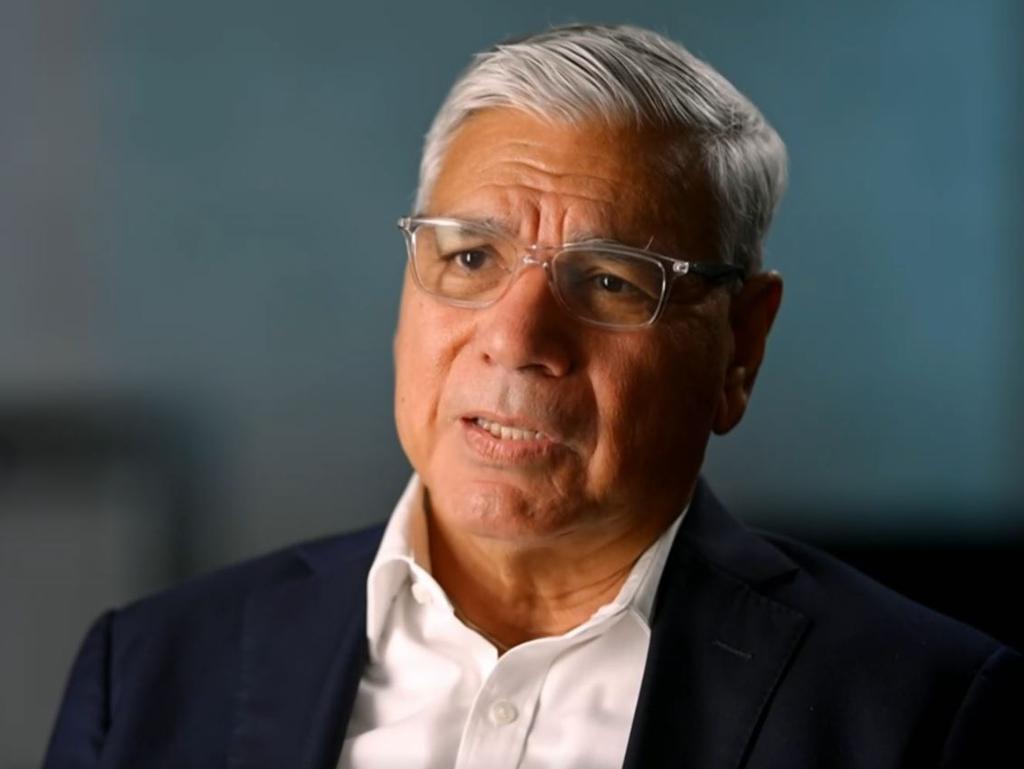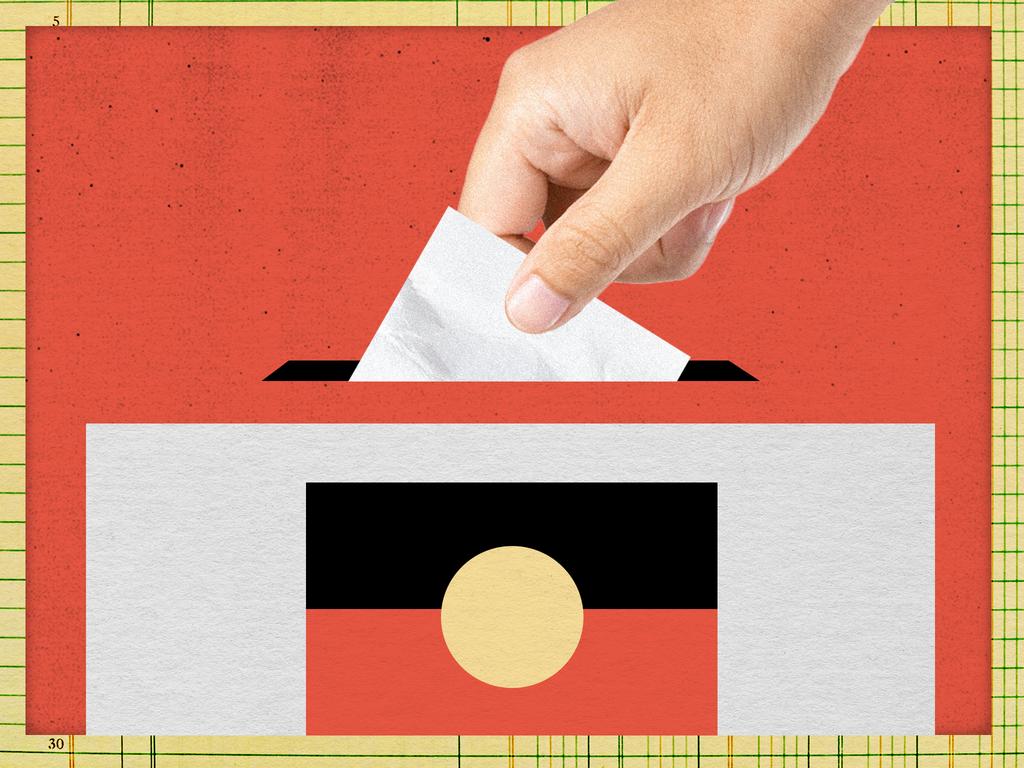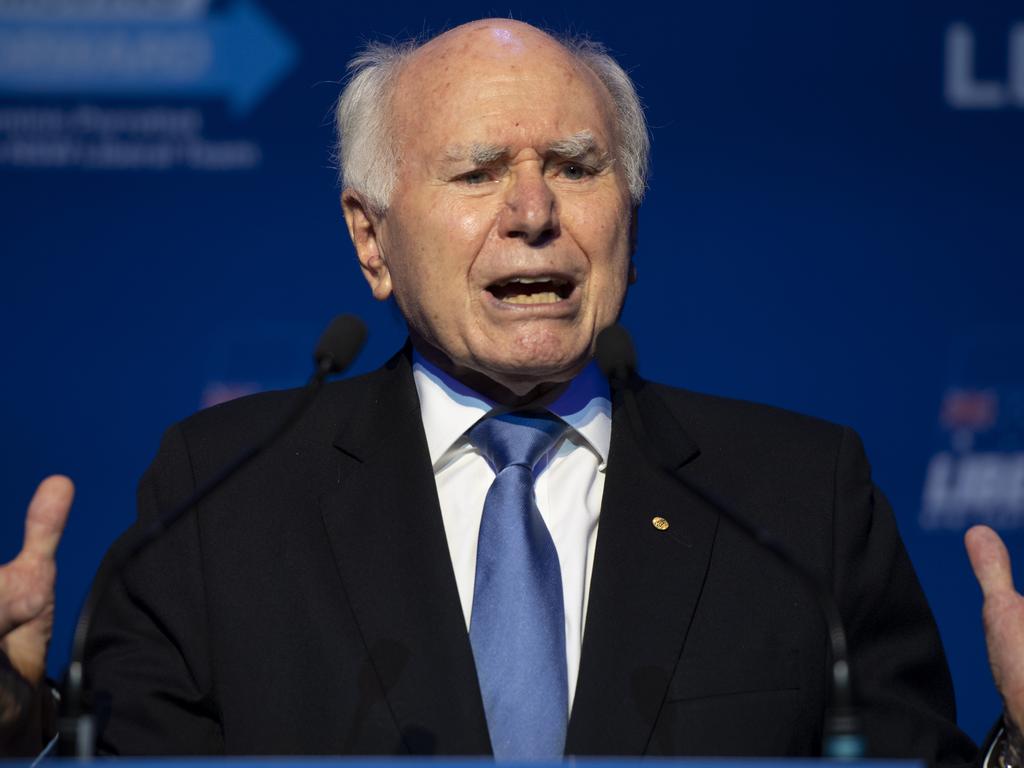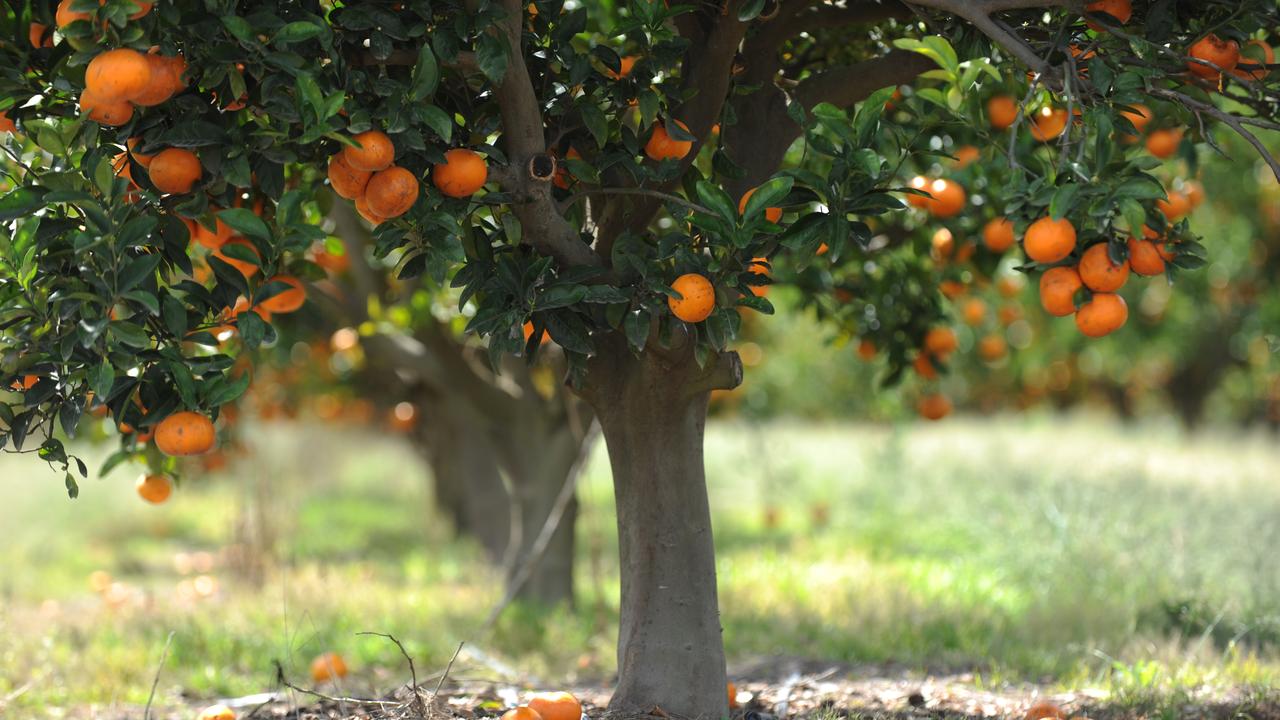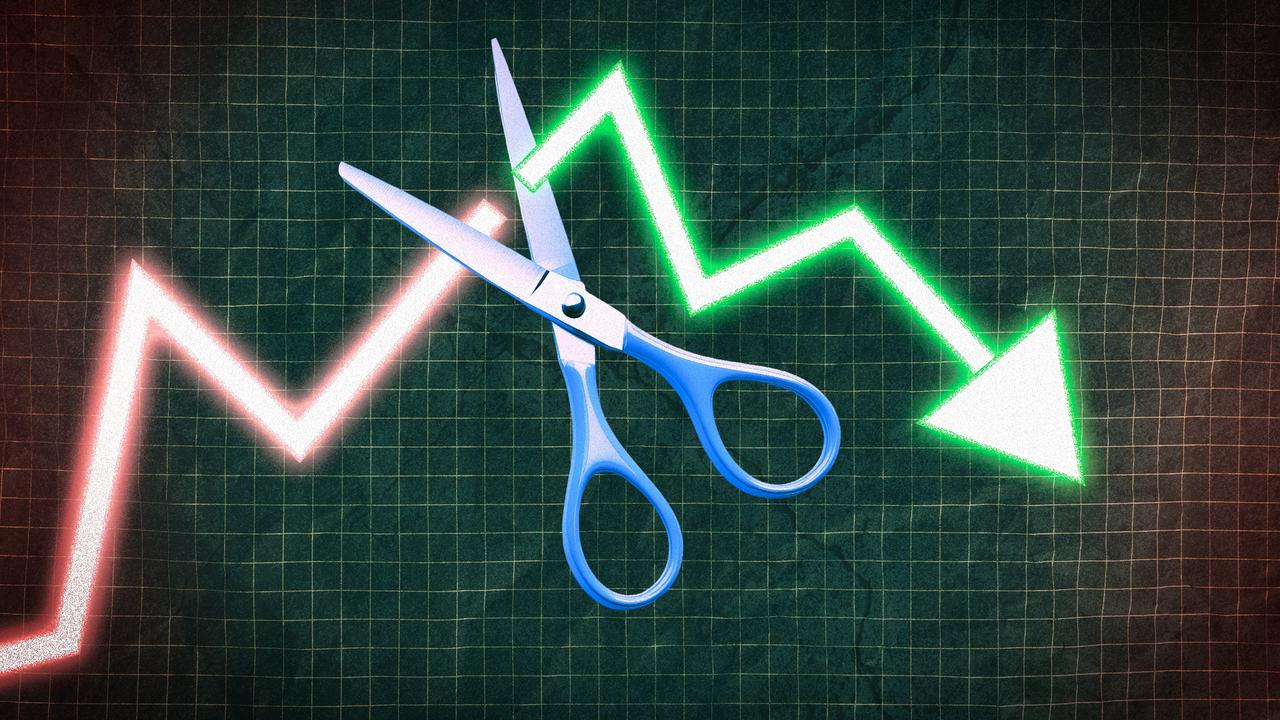Voice campaigners back Anthony Albanese’s speech as Aboriginal movement returns to its roots
Indigenous voice supporters are relieved and hopeful about the referendum after what they described as an inclusive speech to mark the beginning of the campaign.
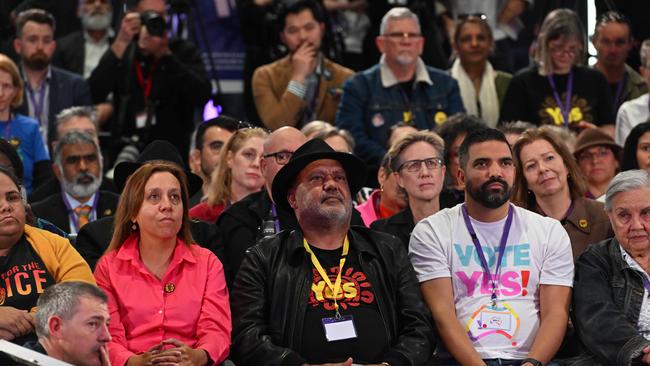
Indigenous voice supporters are relieved and hopeful about the referendum after what they described as an inclusive speech to mark the beginning of the campaign.
Seemingly very aware of the No case’s claims that the voice is for and by Canberra elites, Anthony Albanese chose to announce the date of the referendum in a function room next to a library in one of Adelaide’s battler suburbs on Wednesday.
Elizabeth is 40 minutes by car north of the historic and beautifully preserved buildings of Adelaide’s CBD. In Elizabeth, 5.6 per cent of residents are Indigenous compared to the national average of 3.2 per cent.
In the audience of 600 people on Wednesday was Noongar advocate for women and children Hannah McGlade, whose non-Aboriginal father grew up poor in Elizabeth.
As a child, she spent time at the notorious Sister Kate’s orphanage for Aboriginal children in Perth before using her law degree to fight for Indigenous victims of violence and abuse. She applauded Mr Albanese’s appeal to non-Indigenous Australia. “It was just so unifying,” she said.
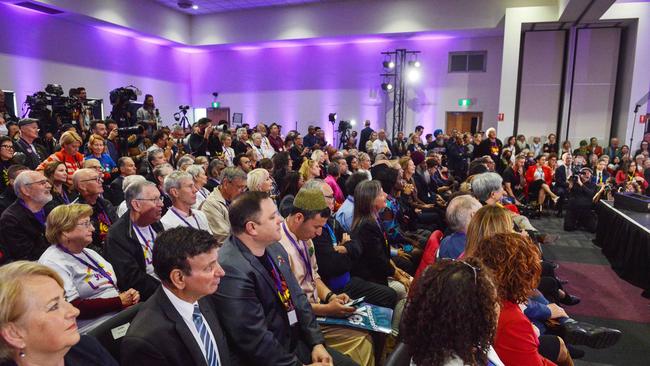
Among the speakers was Indigenous AFL official Tanya Hosch, who arrived in a wheelchair after been released from hospital the day before. Ms Hosch explained that part of her leg had been removed as a result of diabetes.
She later told The Australian the long and difficult experience of trying to save her leg had given her a deeper appreciation of the toll of chronic health problems on all Australians and in particular the toll in Indigenous communities where diabetes is rampant.
“I really value prevention and education in health,” she said.
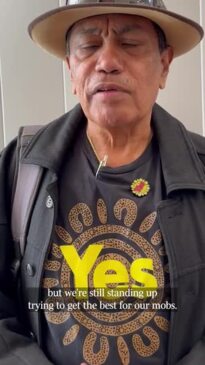
Northern Territory senator Malarndirri McCarthy described the scenes at the referendum date announcement as deeply moving.
“(I am) relieved to get to this point. People have walked for decades on this journey,” she said.
“This is our chance and we are going to give it our best shot.”
Wiradjuri man Geoff Scott, a longtime advocate for the voice, said: “I think I was in the presence of a history-making event. The speakers actually set a path for the Australian future that is full of love and compassion.”

Adelaide has significance for the Indigenous rights movement in part because it is where a young Charles Perkins held early meetings with other activists in the lead-up to the 1967 referendum that allowed Indigenous people to be counted in the census and allowed the commonwealth to make laws for them.
Perkins’ daughter, filmmaker Rachel Perkins, said her father grew up experiencing exclusion and racism in Adelaide. But it was also where he met Ms Perkins’ mother.
“This is where my father started to try to change the country. To me it feels very important that the announcement was here,” she said.
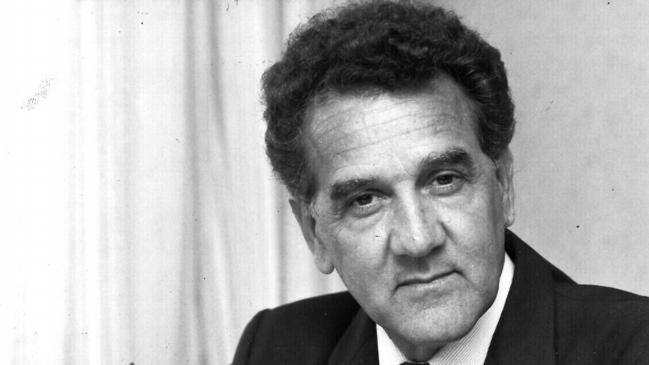
Indigenous author Jackie Huggins said “it was very emotional at a number of levels”.
“The Prime Minister’s speech was a cracker,” Dr Huggins said.
“I think it laid it clearly on the line. There is a bit of relief now about setting the date because we all know where we stand.
“Six weeks to go. His message was clear and concise.”


